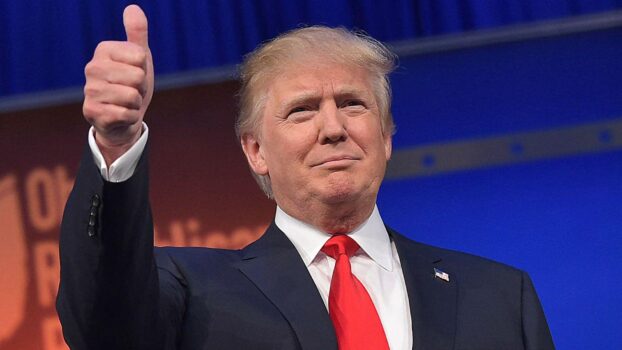 In a landmark decision, the United States Supreme Court has, for the first time, recognized that former presidents have immunity from prosecution for certain actions taken while in office. This ruling comes as the court overturned a lower court’s decision that rejected Donald Trump’s attempt to shield himself from criminal charges related to his efforts to overturn the 2020 election results.
In a landmark decision, the United States Supreme Court has, for the first time, recognized that former presidents have immunity from prosecution for certain actions taken while in office. This ruling comes as the court overturned a lower court’s decision that rejected Donald Trump’s attempt to shield himself from criminal charges related to his efforts to overturn the 2020 election results.
The court ruled 6-3 that while former presidents enjoy immunity for actions taken within their constitutional authority, they do not have immunity for actions undertaken in a private capacity. This decision marks the first instance since the nation’s founding in the 18th century that the Supreme Court has declared that former presidents may be shielded from criminal charges in specific instances.
Chief Justice John Roberts announced the ruling on behalf of the court’s six-justice conservative majority, stating that the immunity extends to actions within the scope of presidential duties. However, he clarified that this immunity does not cover actions outside of official duties. The court’s three liberal justices dissented, arguing that no individual, including a former president, should be above the law.
The ruling has significant implications for ongoing and future legal proceedings involving former presidents and their conduct while in office. It sets a precedent for how actions taken by a president, which are within their constitutional authority, are to be treated under the law after they leave office.

White House Says Military Option Open On Greenland Acquisition
Trump Calls Case Against Maduro “Infallible” Ahead Of U.S. Court Appearance
South Africa Raids U.S. Refugee Processing Centre, Arrests Seven Kenyans
Time Magazine Names AI Visionaries ‘Person of the Year’